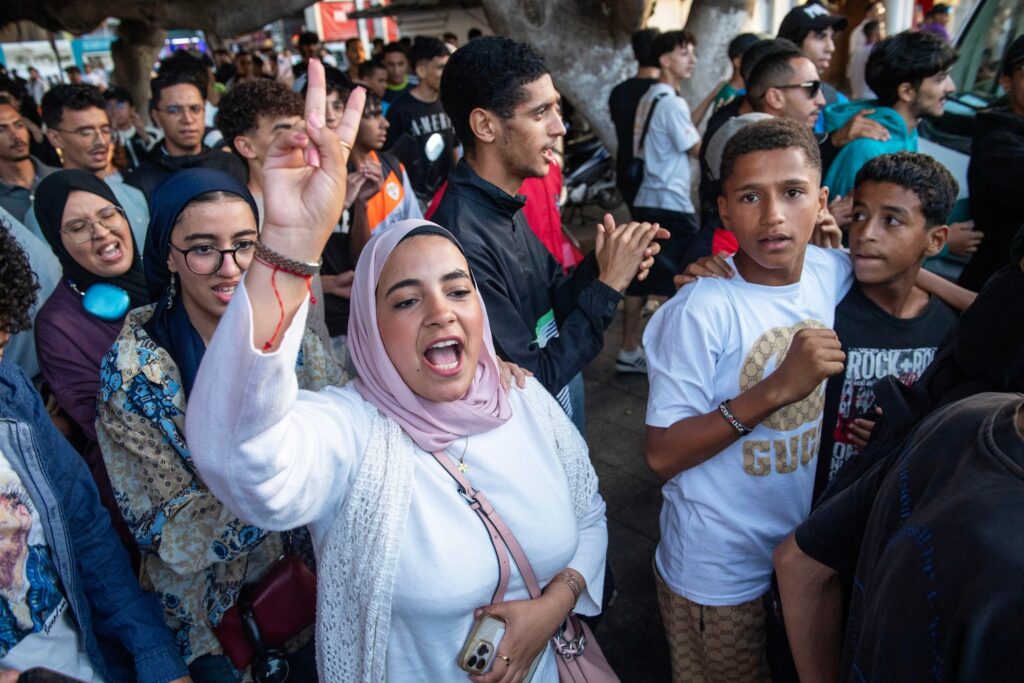Moroccan Youth Demand Essential Services Over Sports Investments
In a significant display of dissent, young Moroccans are protesting against the government’s decision to construct what will be the world’s largest football stadium. While sport can inspire national pride, the protesters are advocating for essential services such as healthcare and education instead, echoing frustration over a lack of resources allocated to critical public needs. They argue that the nation’s priorities should be directed toward improving hospitals and schools, which they believe are in dire need of funding.
A Call for Accountability
The generation, commonly referred to as Gen Z, is taking to the streets, emphasizing that their future hinges on the government addressing these fundamental issues. Demonstrators argue that investing in stadiums while neglecting public welfare is a misalignment of priorities that ignores pressing societal needs.
- Healthcare: Limited resources and facilities plague the nation’s health system, with citizens demanding better access to medical care.
- Education: Schools suffer from underfunding, leading to inadequate classroom conditions and reduced educational opportunities.
- Employment: Young Moroccans are also seeking job opportunities that would allow them to secure their futures.
Government Response and Outlook
The Moroccan government has yet to publicly respond to the rampant protests. Analysts suggest that addressing these issues can either mitigate unrest or exacerbate tensions among the youth, who feel increasingly disenfranchised.
| Aspect | Current State | Young Protesters’ Demands |
|---|---|---|
| Healthcare | Resource-limited facilities | Better medical services |
| Education | Underfunded schools | Increased funding for schools |
| Employment | High youth unemployment | More job opportunities |
Broader Implications
The protests reflect a growing sentiment among the youth across various regions in Africa, advocating for accountability and sustainable development. As Morocco embarks on ambitious sporting projects, the voices calling for urgent improvements in public services cannot be overlooked. Should the government fail to adequately respond to these challenges, unrest may continue to brew within the vibrant yet increasingly disenchanted youth demographic.
These developments mark a critical turning point, not just for young Moroccans but potentially for other nations grappling with similar concerns regarding governmental priorities and public welfare.


